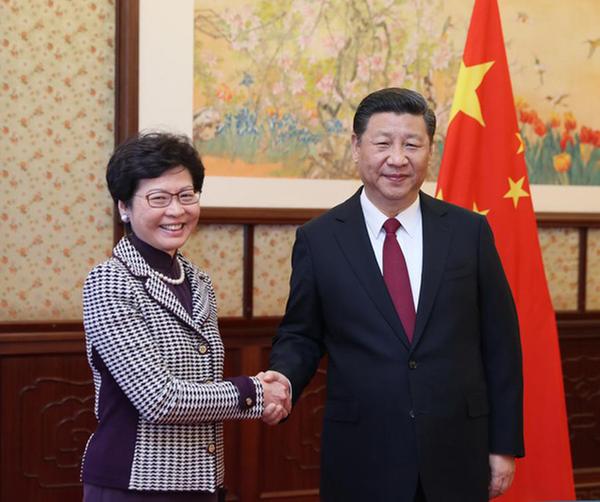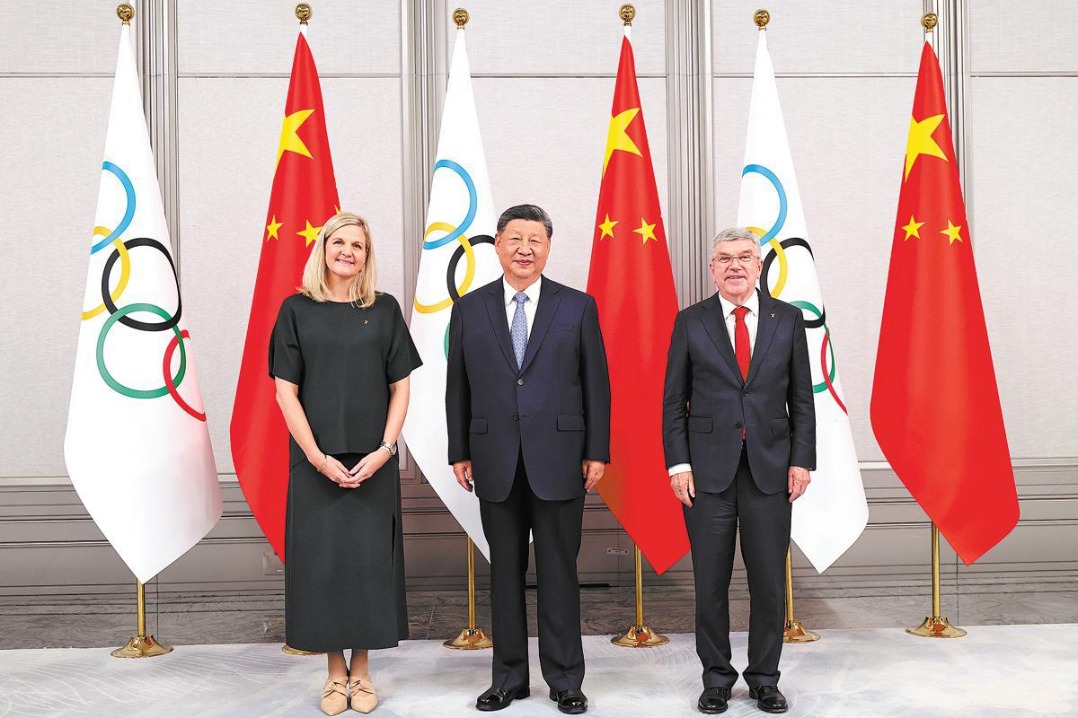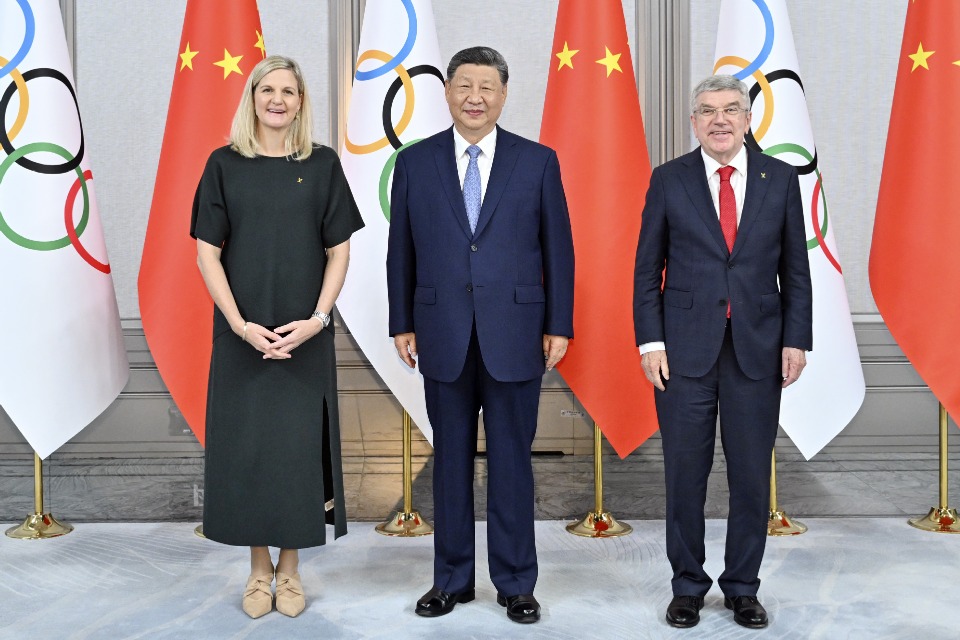Focus on economy can propel HK forward


The 20th anniversary of Hong Kong's reunification with the motherland is also an occasion to review its past and look forward to its future. The Hong Kong Special Administrative Region has made great achievements since the reunification. The principle of "One Country, Two Systems" and the Basic Law have been successfully implemented in the SAR, and its security and interests fully safeguarded. And with the implementation of the principles of "Hong Kong people administering Hong Kong" and a high-degree of autonomy, Hong Kong residents have enjoyed extensive rights and freedom.
Since China resumed its sovereignty over the SAR on July 1, 1997, the central government has followed the Constitution, the principle of "One Country, Two Systems" and the Basic Law, and supported the Hong Kong chief executive and the SAR government to establish the rule of law. Moreover, the Standing Committee of the National People's Congress, the top legislature, has interpreted the Basic Law five times and made 10 decisions accordingly.
These interpretations and decisions involve the right of abode in Hong Kong, the election of the chief executive by universal suffrage, diplomatic immunity and oath of members of the Legislative Council, which have played an active role in dealing with the relationship between the central government and the SAR.
Hong Kong has maintained an orderly election procedure according to the Basic Law. Five administrations, four chief executives and six Legislative Councils have been elected in the SAR. The electoral commission's membership has expanded from 800 to 1,200. And Hong Kong has maintained its position as an international financial, maritime and trade center.
Despite all this, Hong Kong faced some problems and challenges, such as the right of abode and people from the Chinese mainland purchasing infant formula in the SAR on a large scale. But those problems have been solved.
The biggest problem hindering Hong Kong's development is the election of the chief executive and Legislative Council through universal suffrage. Although the NPC Standing Committee announced its decisions on universal suffrage on Aug 31, 2014, the Legislative Council has not approved the political reform plan advanced by the SAR government. And the 79-day "Occupy Central" movement, which started in 2014, has seriously undermined the rule of law in Hong Kong and affected its international image and investment environment.
The other significant issue facing Hong Kong is the non-implementation of the national security legislation stipulated in Article 23 of the Basic Law. Although the Hong Kong government prepared a draft law on the issue in 2003, it was withdrawn.
The advocacy of "Hong Kong independence" by some political organizations and antinational activities of a few Legislative Council members make the national security legislation an urgent task to achieve, but it is also necessary to maintain the right balance between "universal suffrage" and the legislation. To publicize the principle of "One Country, Two Systems" and the Basic Law in Hong Kong society is necessary, too.
Besides, Hong Kong should focus on developing its economy and improving its residents' livelihood. Over the past two decades, Hong Kong's economic growth has slowed down and it has been grappling with many livelihood issues that need to be resolved, and all these are the result of over-politicization of Hong Kong society.
Because of the political contradictions mentioned above, the Hong Kong government has been caught in endless disputes, leaving it little time to resolve residents' livelihood issues and implement its policies.
Over-politicization of society and an underperforming economy are the challenges Hong Kong faces. If Hong Kong focuses on strengthening its economy, improving its residents' livelihoods and promoting social harmony, it will have a brilliant future.
Work on the Hong Kong section of Hong Kong-Zhuhai-Macao Bridge will be completed by the end of this year, and the SAR can play the role of a "super liaison" in the Belt and Road Initiative (the Silk Road Economic Belt and 21st Century Maritime Silk Road). And with the support of the motherland, Hong Kong can still use its existing advantages to improve its position in the international economy.
The author is a professor of law in Peking University.


































